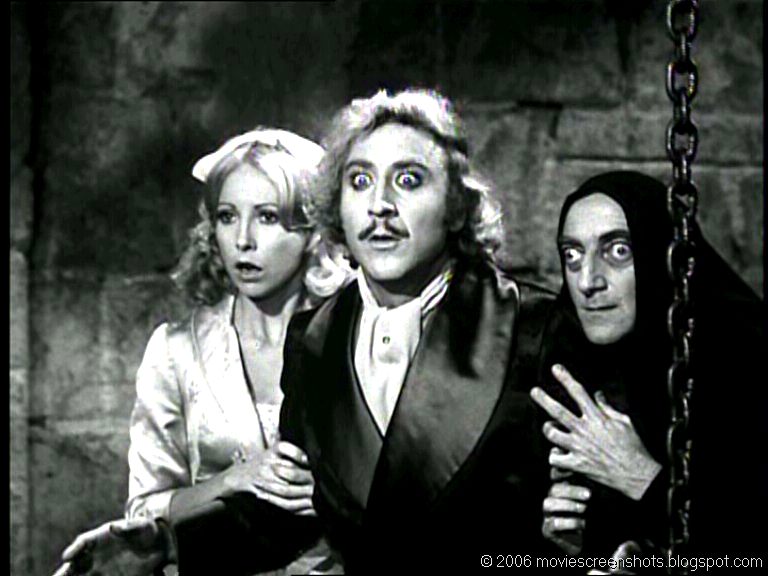Had a good second month of 2022.
So here are the February reads:
- Gulag: A History, by Anne Applebaum. Great book. Read this with Audible. Scary what Stalin and his cronies did to their own people. And to other people. Twice a mention of the Esperantists thrown into the gulag to die. Based on this one, I'll probably read more from her.
- Home: Habitat, Range, Niche, Territory, by Martha Wells. A Murderbot short story, and yes, I'm going to count it. Fills in from where Murderbot saves a team that he ends up liking and to when he disappears. Next up: Network Effect. Will probably read that one in March.
- Embassytown, by China Mieville. Another great one by this master of world building. I hope he's got more Embassytown in the future. Loved the characters and his idea of what constitutes an ambassador.
- Who Killed Homer? by Victor Davis Hanson, et al. Read this in the '90s. Reread it with Audible. Still great. Expect to see many classics in my reading future!
- The Good Soldier, by Ford Maddox Ford. Wasn't what I thought it would be. Quite good, but strangely written.
- Frankenstein, by (the genius) Mary Shelley. Picked by my wife for our family book club based on our youngest having to read it for her freshman English class in university. I love this book. So unlike any of the movies.
- The Lords of Discipline, by Pat Conroy. Had no idea till the end this was a true story. Movie pales in comparison. This is one helluva book.
- Carry On, Jeeves, by PG Wodehouse. This'll be the March read for the PG Wodehouse Book Club on FB. Collector's Wodehouse version.
- Orlando, by Virginia Woolf. This book is on my 50 Classics list, and look at that! It showed up as a Kindle deal for two bucks!
- Red Mars, by Kim Stanley Robinson. Read the trilogy decades ago and loved it. We already have Green Mars in our Kindle. Couldn't pass this up for two bucks.
- Pandora's Star, by Peter Hamilton. Heard he's a great author, so why not? Again, two bucks.
- The Classical World, by Robin Lane Fox. You had to expect this after my reading of Who Killed Homer.
- Napoleon's Symphony, by Anthony Burgess. Can you pass up a Burgess novel for, you guessed it, two bucks?!
- The Omen, by David Seltzer. See the pattern yet? Two dollars!
- Frankenstein, by Shelley. Hey, look at that?! A book I bought and read in the same month!
- The Underground Railroad, by Colson Whitehead. Heard he (she?) was good. Three dollars!
- Greene on Capri, by Hazzard. Nice little bio on Graham Greene. Hardback with good dj.
- Something Light, by Margery Sharp. Read a great review of Margery Sharp so thought I'd try one of hers.
- Decline and Fall, by Evelyn Waugh. I've got a permanent search in Abebooks for 1st ed. Waugh books, from Chapman in London. This one came up for 20 clams and I couldn't resist. Pretty good dj. Added to the collection. (This is his best work, best comedic work. Read it, dear reader!)






